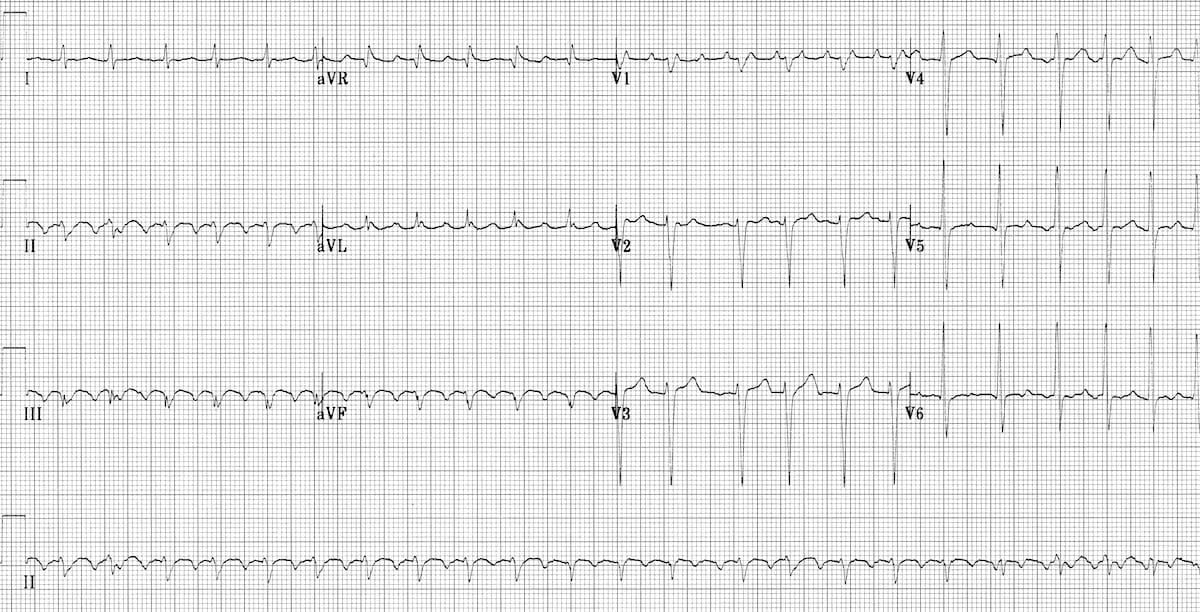

It can be due to digestive factors, but it may also indicate a lung, heart, muscle, or nerve problem.Ī diaphragm flutter is a rare and specific condition. They can happen if a person has an infection in their digestive tract, acid reflux, eats spicy food, or has dinner late at night.Ī diaphragm spasm occurs in the muscle that lies between the abdomen and the lungs. Stomach spasms relate specifically to the digestive process. Are stomach spasms the same as diaphragm spasms and flutters? Here are some questions people may ask about spasms and flutters in the diaphragm. The cause will determine the treatment plan. Treating the cause of the phrenic nerve irritation can be a great way to restore a regular breathing pattern. Surgery may be necessary in more severe cases, especially if the hernia causes complications. In cases when symptoms are minimal, it can help to eat smaller, more frequent meals, or to take medication for gastroesophageal reflux disease. Hiatal herniaĭoctors treat hiatal hernias in different ways, depending on their severity. Holding one hand over the head can also help, as it stretches the chest muscles. In cases when the spasms are persistent, it can help to stretch or put pressure on the surrounding muscles.įor example, gently pushing into the affected muscle using the fingers can help to relieve discomfort. Most diaphragm spasms that result from exercise will also go away without treatment. The following causes will require different treatments: Exercise It is essential to rest and concentrate on maintaining a regular breathing pattern while symptoms persist. Treatments for diaphragm spasms vary according to the underlying cause.ĭiaphragm spasms resulting from a sudden blow may cause discomfort, but symptoms typically subside within a few minutes, making treatment unnecessary.

There is no standard treatment for diaphragmatic flutter yet, but doctors may try the following: inflammation of the brain, which is encephalitis.They can worsen during the day and with stress.ĭoctors do not know yet why it happens, but it can link with: experiences overeating or eating spicy foodĭiaphragmatic flutter, also called van Leeuwenhoek’s disease, is a rare condition that involves rhythmic, involuntary contractions of the diaphragm.simultaneously swallowing and breathing air in.Irritation or injury to this nerve, or any inflammation, can trigger spasms in the diaphragm in addition to causing hiccups and breathing difficulties.Ī variety of factors can irritate the phrenic nerve, including: The phrenic nerve controls the movement of the diaphragm muscle. The paralysis will quickly pass, however, and the individual can usually breathe again. A person may often panic or feel anxious if they cannot breathe, which can worsen symptoms. This can lead to significant difficulties in breathing. Temporary paralysisĪ sudden blow to the abdomen can temporarily paralyze the diaphragm. The most severe cases require immediate medical attention as they can injure the stomach, cause bleeding, or interfere with breathing. This can trigger a diaphragm spasm.Ī hernia can be mild or serious, and its severity will determine any additional symptoms. When a hiatal hernia occurs, part of the stomach pushes through an enlarged hiatal opening in the diaphragm. Hiatal hernias occur when age, injury, or recent surgery weakens the muscle tissue in the diaphragm.

Hiatal herniaĪ hiatal hernia is a condition in which a part of the stomach moves up into the chest. In some cases, the additional pressure from a stitch can trigger a diaphragm spasm. This may occur when people overexert themselves or have a difficult time performing their warmups. ExerciseĮxercise can cause a cramp or “stitch” in the abdomen. Some people find they experience diaphragm spasms with stress, or that stress aggravates them. There are several potential causes of a diaphragm spasms.Īlthough the symptoms can be uncomfortable, they will usually pass within a few minutes.Ī sudden physical blow to the abdomen or chest may cause a spasm, for example, during a contact sport such as rugby or boxing. spasm in other muscles used for breathing.inflammation of the brain, known as encephalitis.Doctors do not know yet what causes diaphragm spasms, but they tend to link with:


 0 kommentar(er)
0 kommentar(er)
